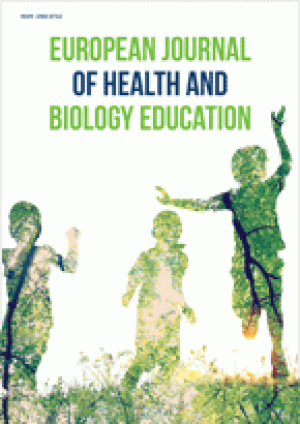Abstract
The development of a nation depends greatly on the mental alertness of its citizens especially the youth. Realization of this development might be invisible, if the current trends of drug use and addiction persist, hence the need to assess senior school students knowledge of drug abuse and addiction, four other specific purposes were addressed in the study. A descriptive research of the survey type was adopted. The random sampling technique was used to select 304 students that participated in the study. One of the researchers developed an instrument titled Knowledge of Drug Abuse and Addiction (KODAA) and an adapted drug avoidance self-efficacy instruments were used to source for data. The reliability coefficient of KODAA was 0.76 using the Spear-man brown statistic. Four research questions with corresponding hypotheses were tested at 0.05 level of significance. Findings from the study revealed that gender had no influence on students’ knowledge of drug abuse and addiction. However, a significance difference existed between (i) school type and (ii) self-efficacy and students’ knowledge of drug abuse and addiction. It was, therefore, concluded that senior school students in Kwara central senatorial district have similar knowledge of drug use and addiction. It was recommended that students should be informed about the physical and psychological consequences of drug abuse and addiction.
Keywords
License
This is an open access article distributed under the Creative Commons Attribution License which permits unrestricted use, distribution, and reproduction in any medium, provided the original work is properly cited.
Article Type: Research Article
European Journal of Health and Biology Education, Volume 9, Issue 2, December 2020, 21-28
https://doi.org/10.12973/ejhbe.9.2.21
Publication date: 15 Dec 2020
Article Views: 2056
Article Downloads: 1988
Open Access References How to cite this article
 Full Text (PDF)
Full Text (PDF)